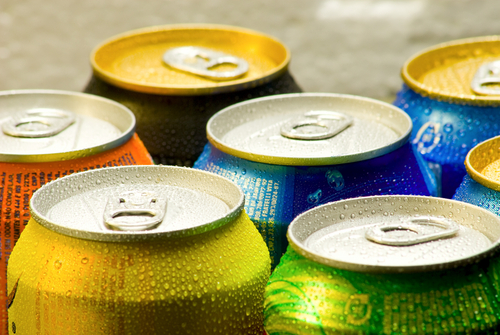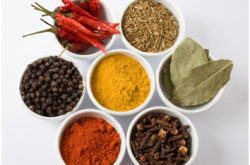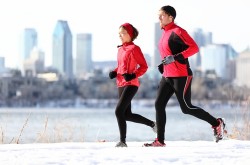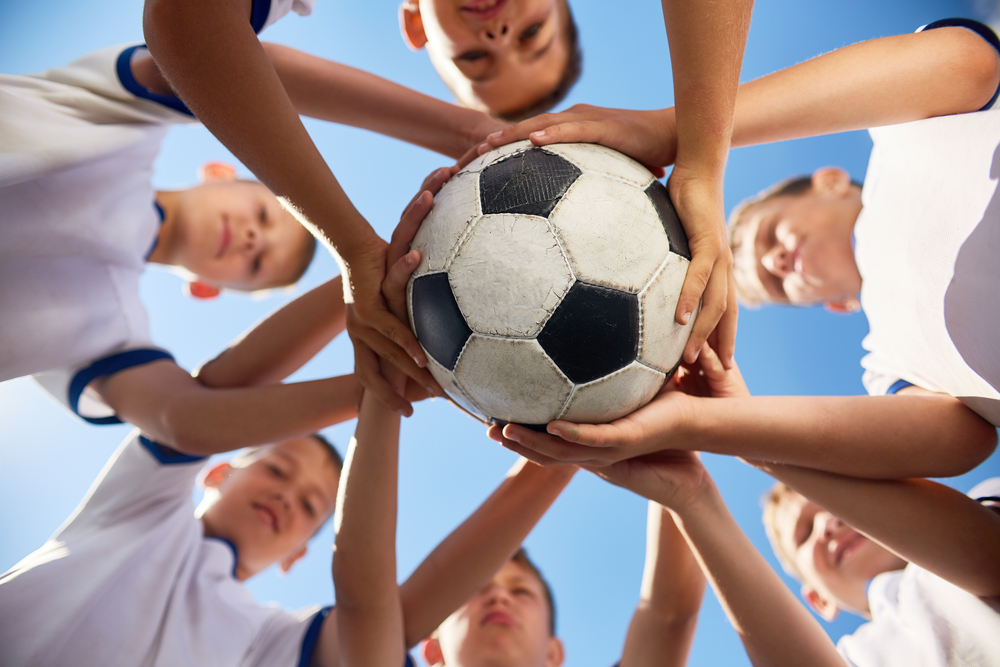When comparing the daily caloric consumption of participants in the study, five major beverages were identified: diet/sugar-free drinks, sugar-sweetened beverages (sodas and fruit juice), coffee, tea and alcohol. It was discovered that 53% of the participants drank coffee, 43% drank sugar-sweetened beverages, 26% drank tea, 22% drank alcohol and 21% drank diet beverages daily.
Those who consumed alcohol had the biggest daily caloric intake, an increase of 384 calories. An increase of 226 calories was associated with sugar-sweetened beverage drinkers, followed by a 108 calories for coffee drinkers, 69 calories for diet beverage consumers and 64 calories for those who drank tea.
According to An, “While coffee and diet-beverage drinkers consumed fewer total calories each day than people who preferred alcohol or sugary drinks, they obtained a greater percentage of their daily calorie intake from discretionary foods (nutrient poor foods) — a finding that suggests a possible compensation effect.”
So, perhaps that diet soda isn’t the answer to your weight loss woes, it could actually be impacting your weight loss efforts. If you’re still craving a sweet drink, try fruit infused water. It’s naturally sweet and won’t make you overeat!
Source:
University of Illinois at Urbana-Champaign. “Diet beverage drinkers compensate by eating unhealthy food, study finds.” ScienceDaily. ScienceDaily, 11 September 2015. <www.sciencedaily.com/releases/2015/09/150911094912.htm>.





Comments (0)